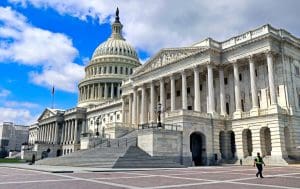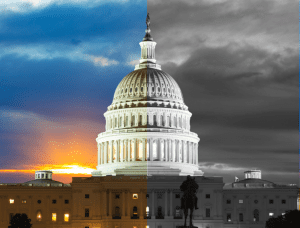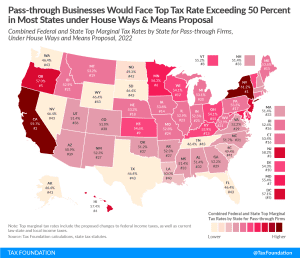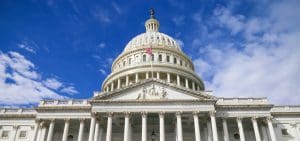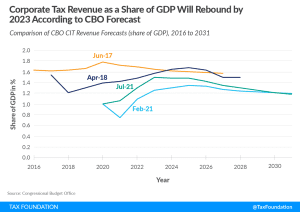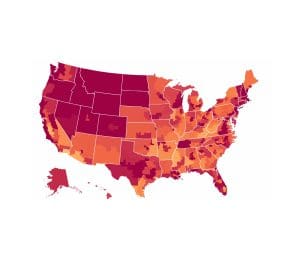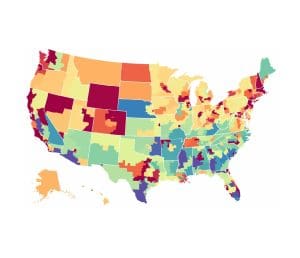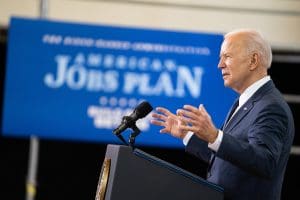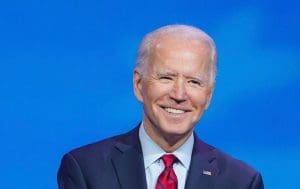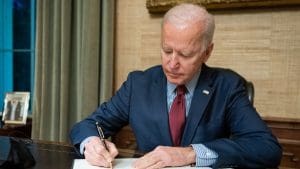Dr. William McBride is the Vice President of Federal Tax Policy & Stephen J. Entin Fellow in Economics at the Tax Foundation, where he leads our efforts to research, model, and reform the U.S. tax code.
Dr. McBride has more than ten years of experience analyzing a variety of economic and policy issues. Prior to his current role at the Tax Foundation, he served as a manager in the National Economic and Statistics (NES) group at PricewaterhouseCoopers where he worked on numerous projects, including economic impact analyses, industry surveys, U.S. federal and state tax revenue estimates, and general quantitative analyses. He also has experience researching and modeling the economics of taxation and issues related to tax reform at the state, federal, and international levels.
Dr. McBride is no stranger to the Tax Foundation. From 2011 to 2015 he served as chief economist, where he wrote extensively on the economics of taxation, particularly regarding business investment, and guided the development of the Tax Foundation dynamic scoring model.
Dr. McBride holds a PhD in economics from George Mason University, where he specialized in macroeconomics and agent-based modeling. His research has been cited by policymakers, quoted by major media outlets, including The Wall Street Journal and The New York Times, and published in scholarly journals, such as the National Tax Journal and Tax Notes.


